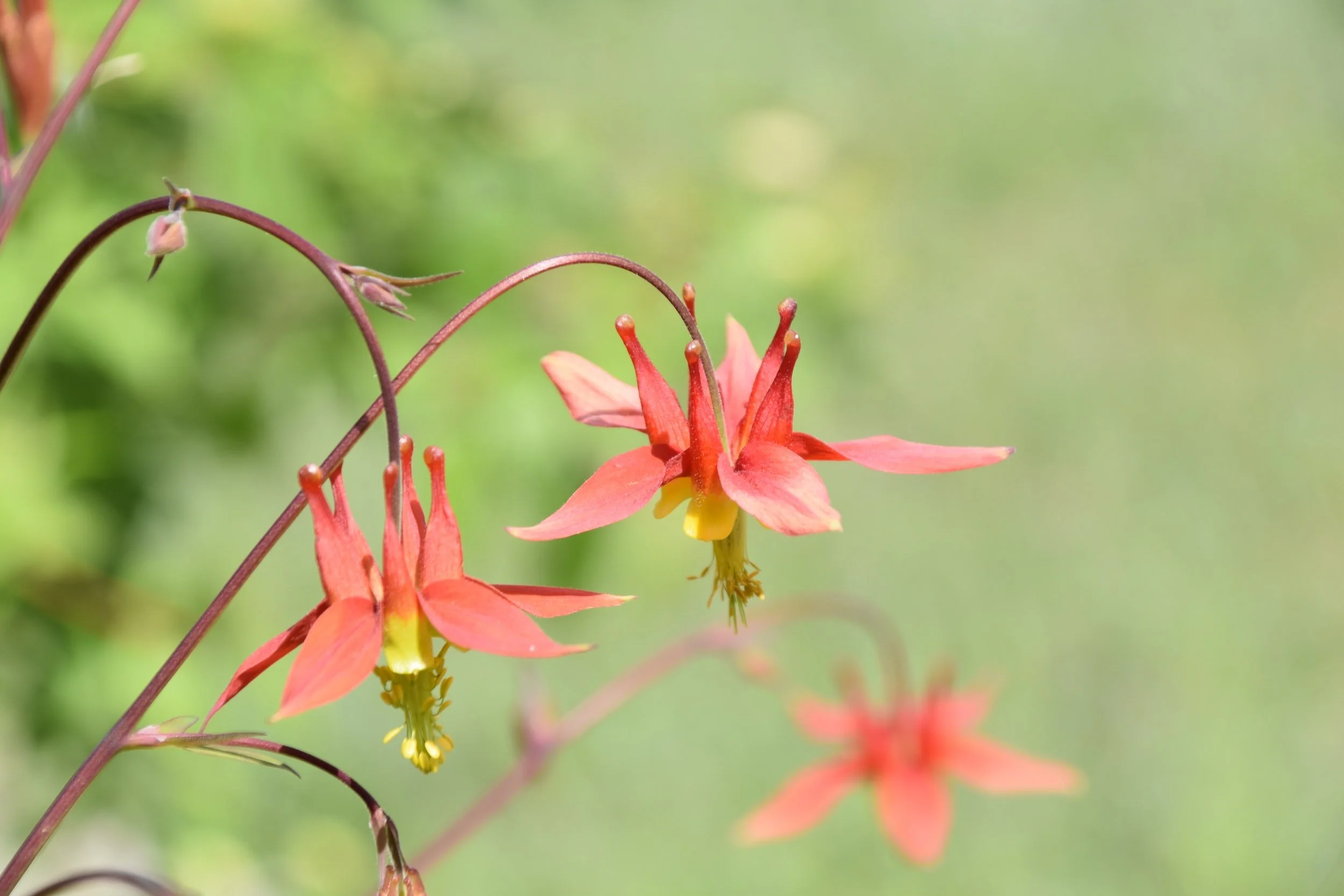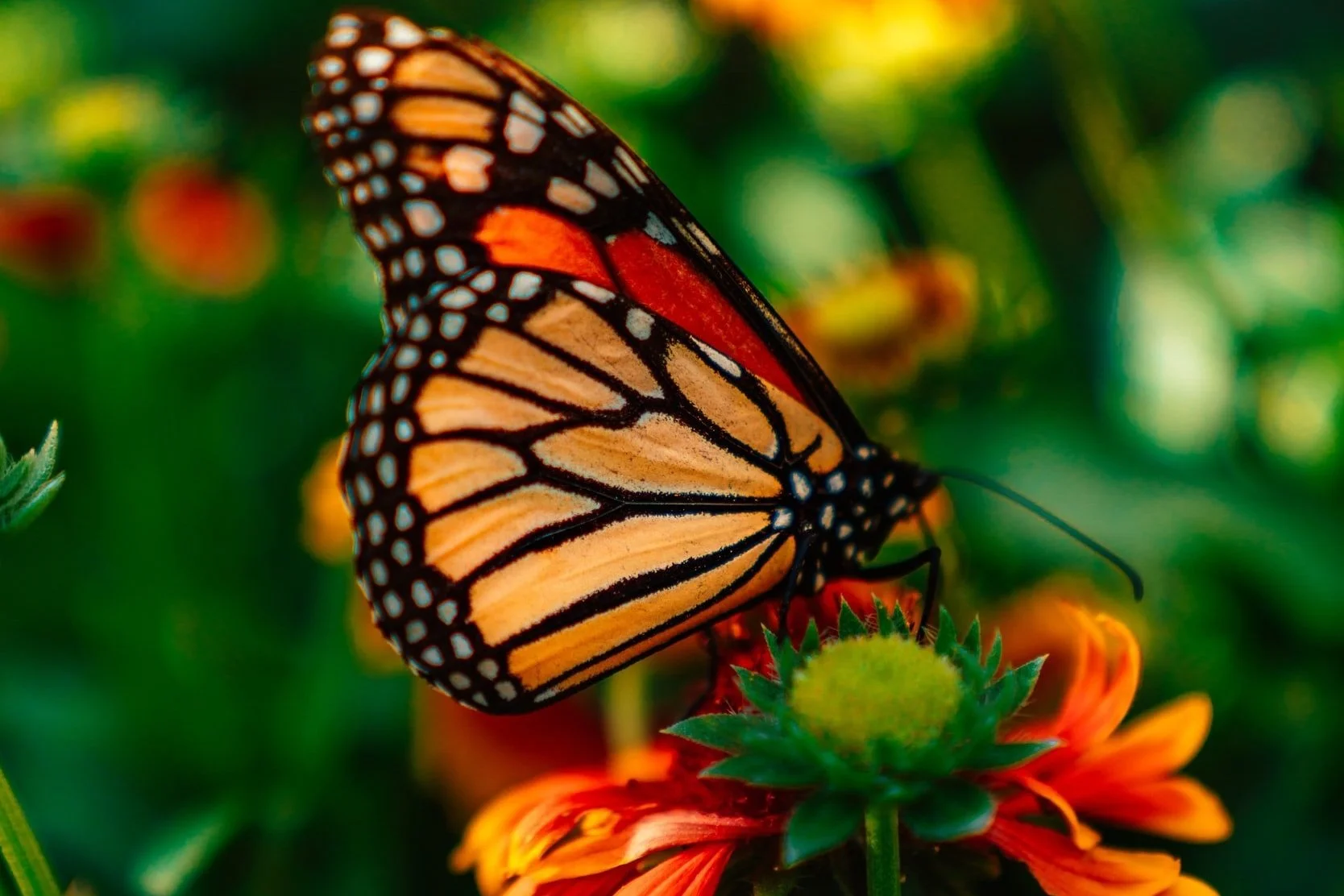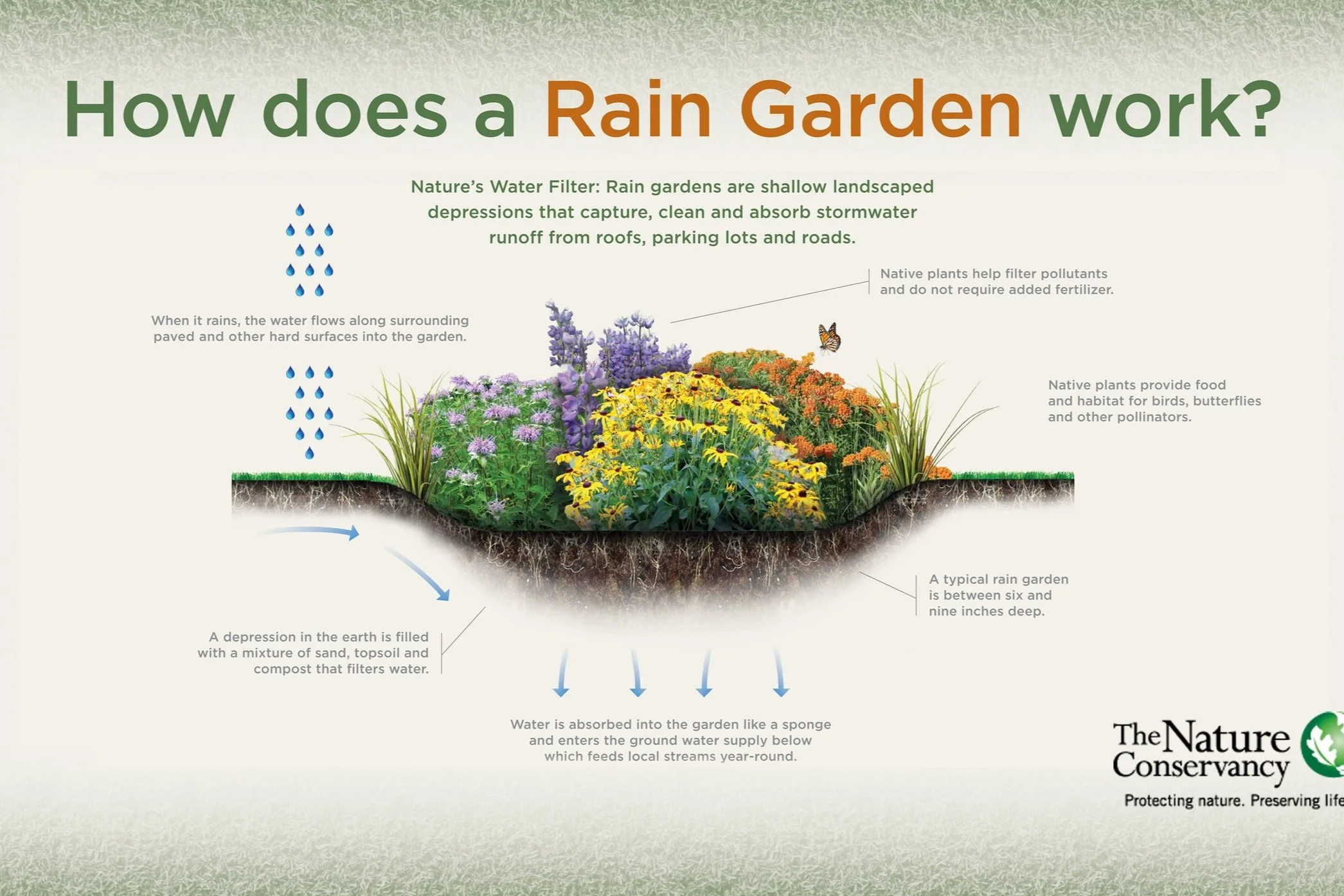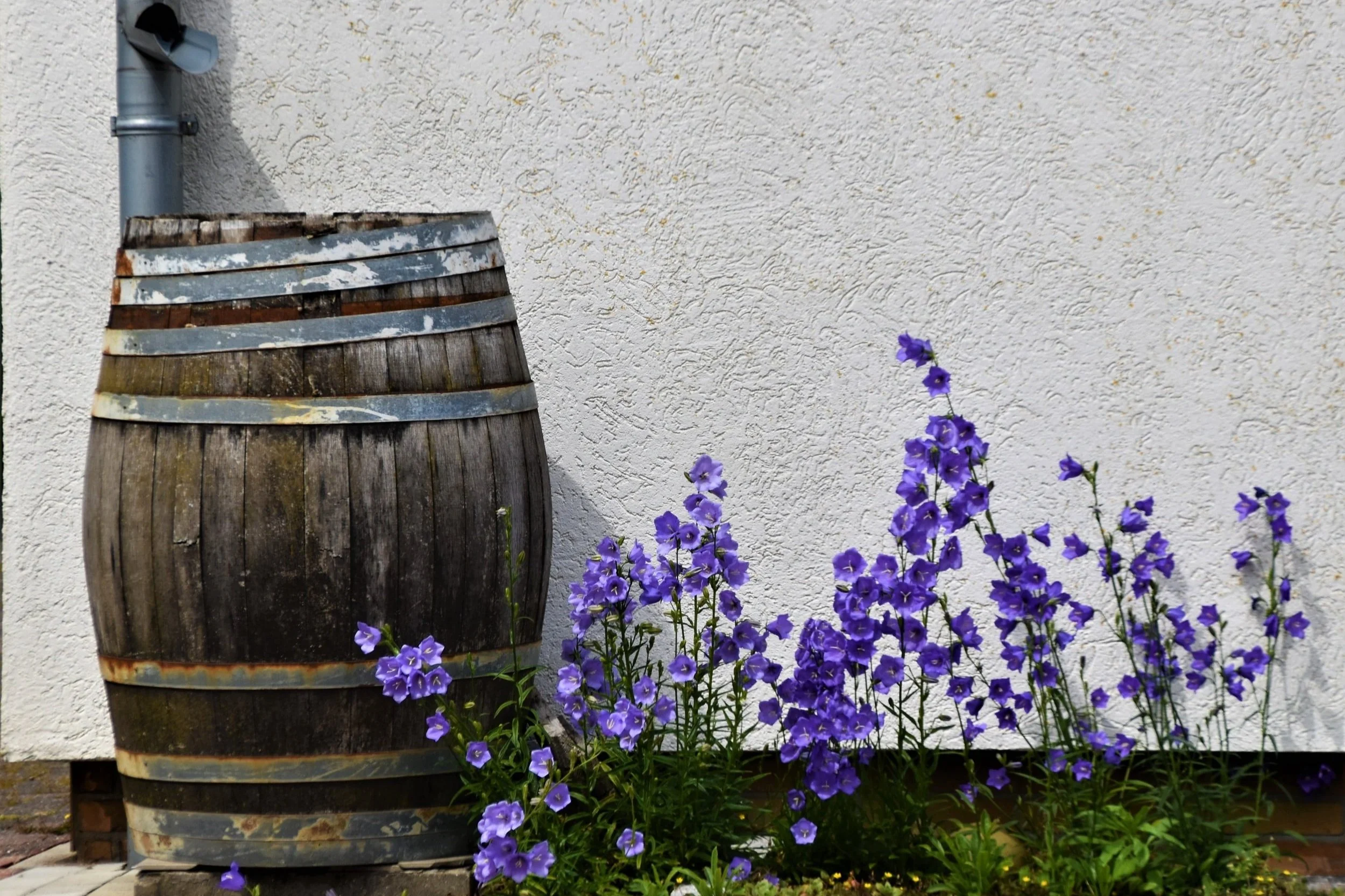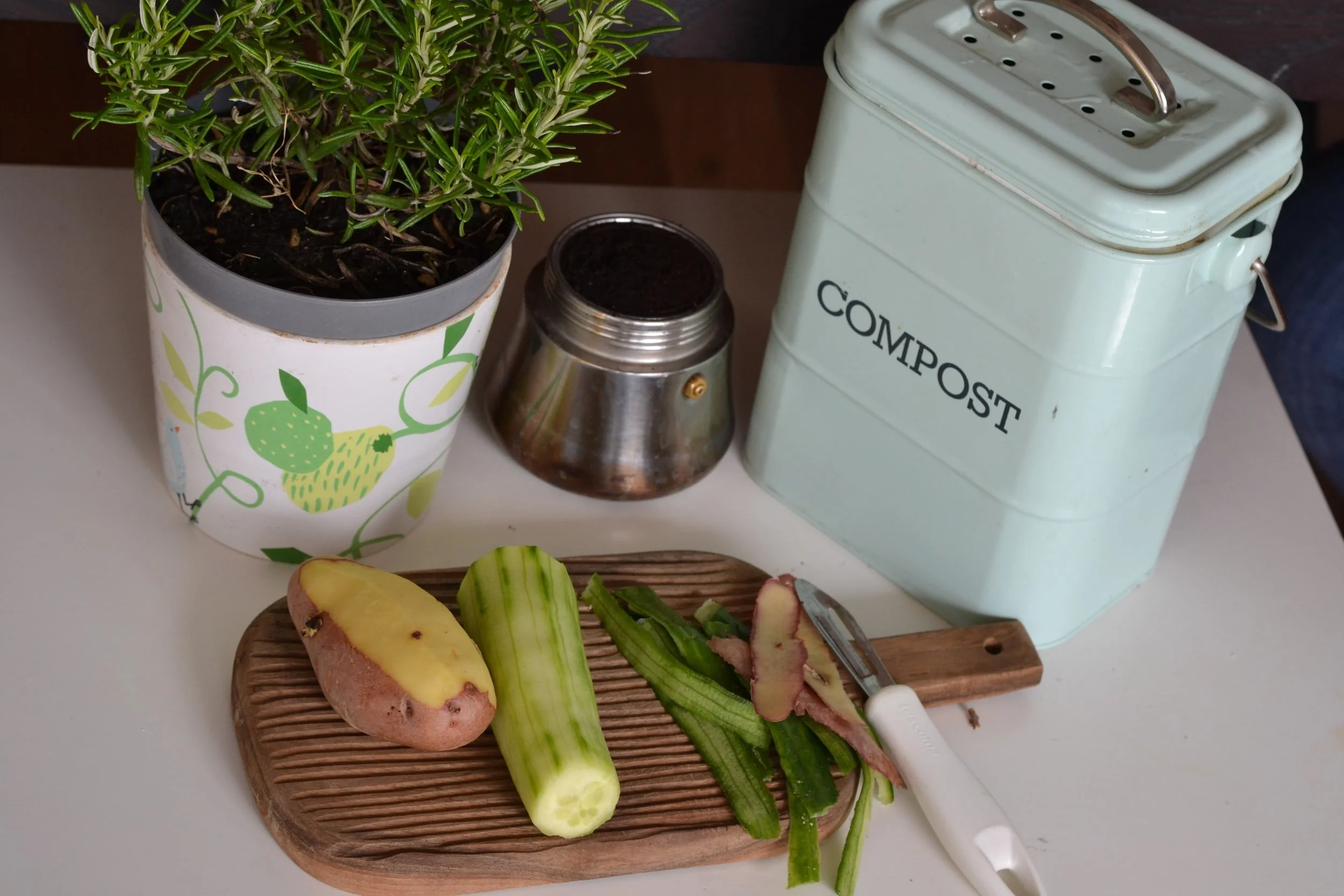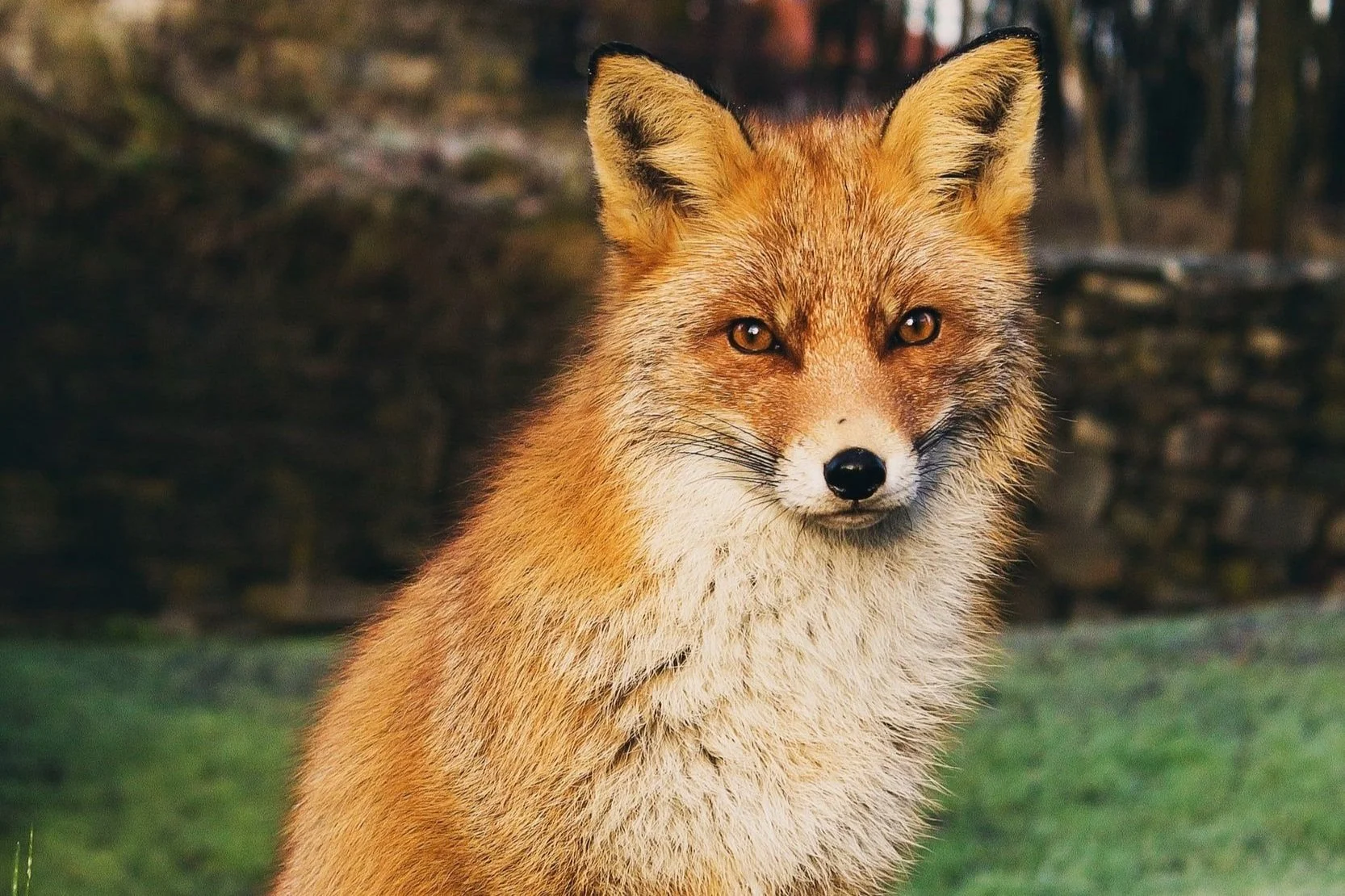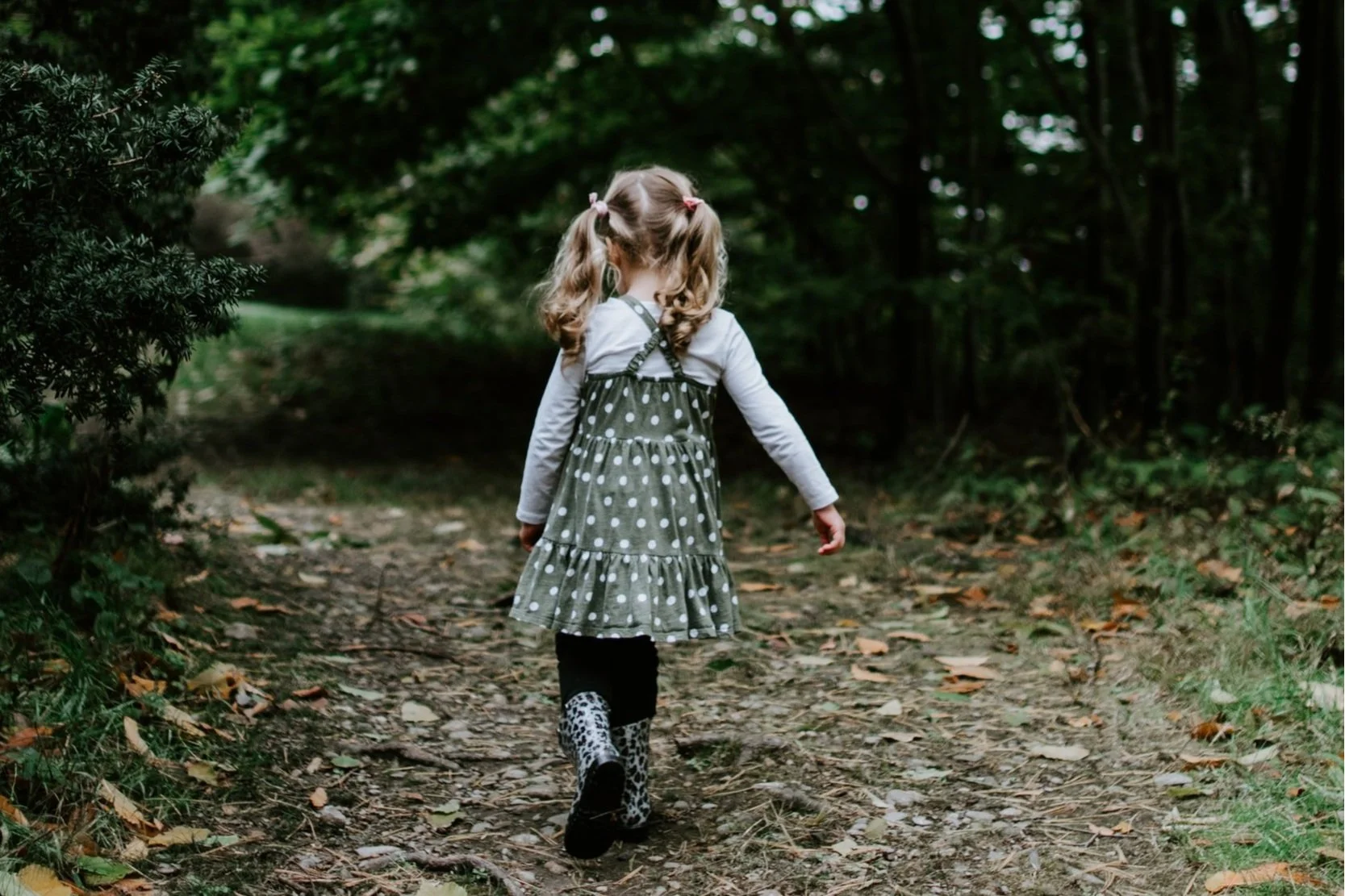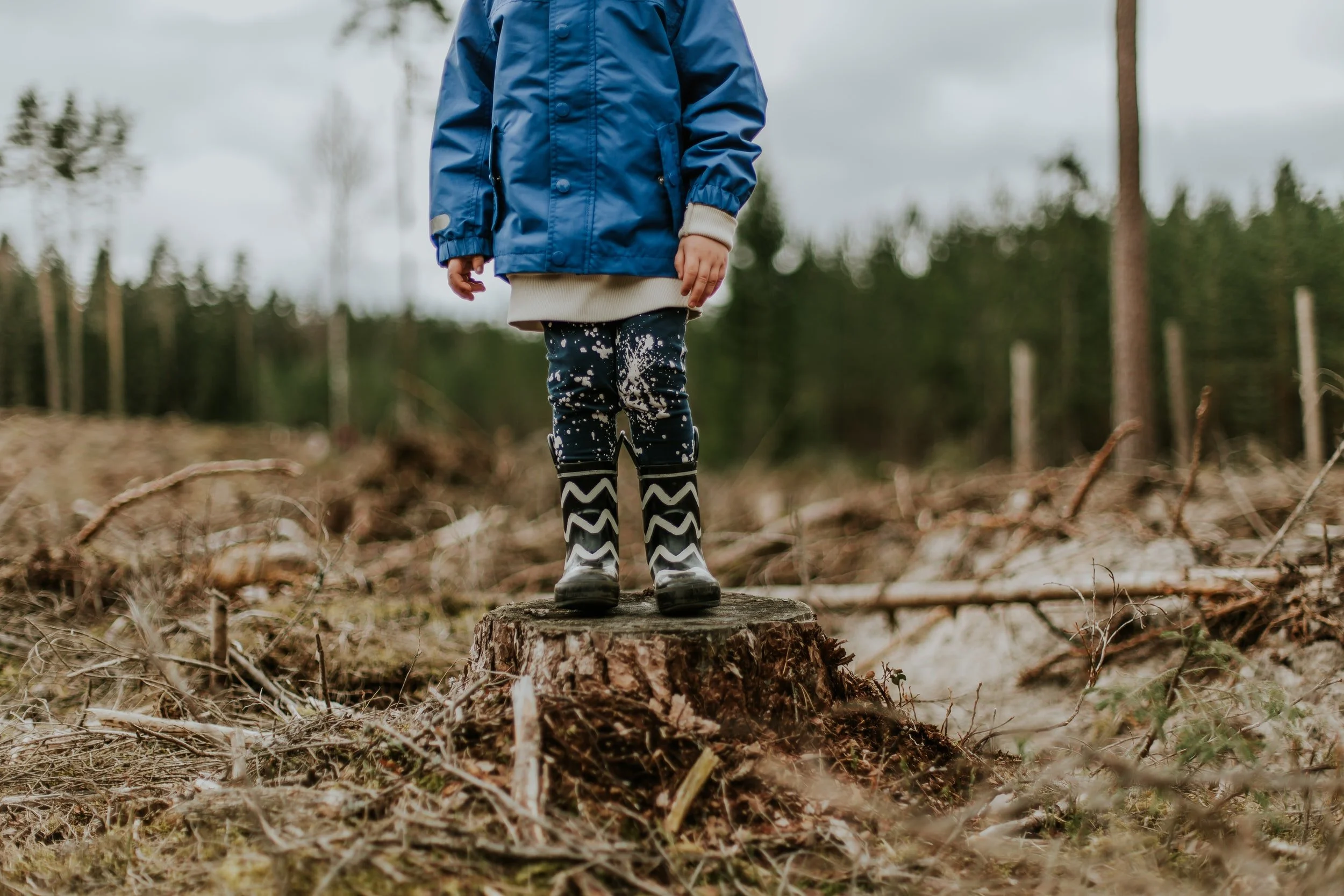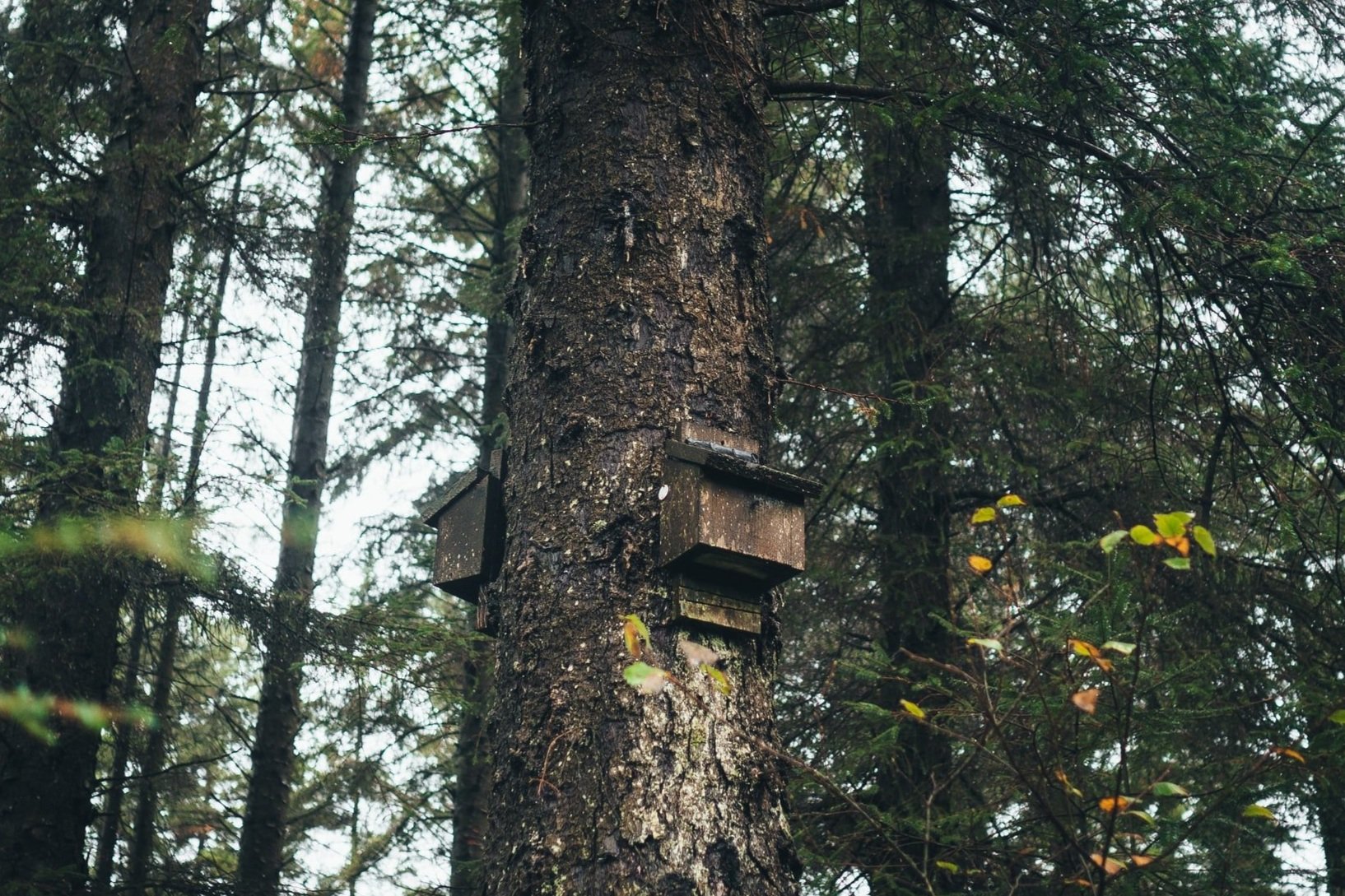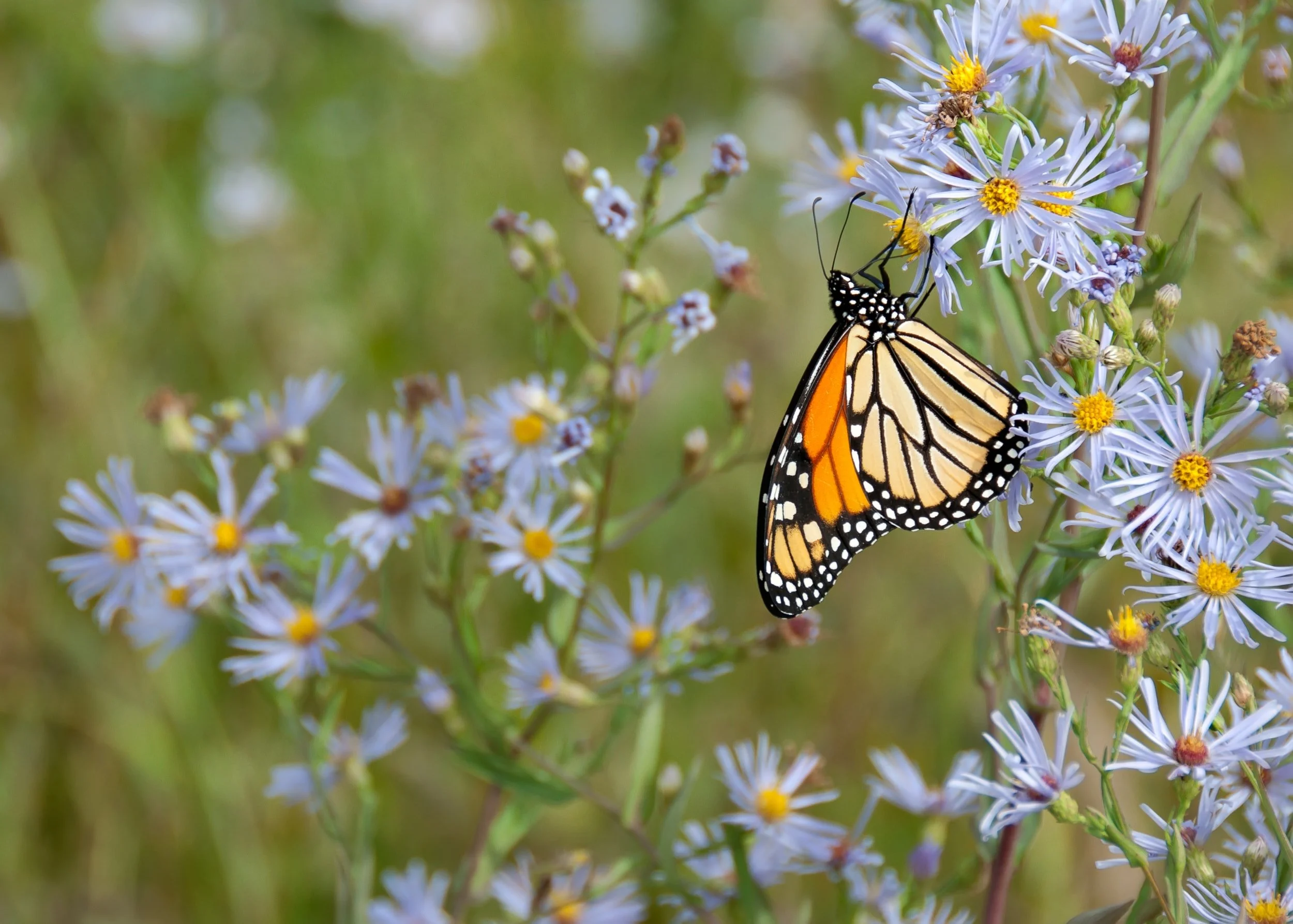
Conservation Starts With You
What is Conservation?
Merriam-Webster Dictionary defines conservation as:
“The careful preservation and protection of something, especially planned management of a natural resource to prevent exploitation, destruction, or neglect.”
There are so many things you can do to be conservation minded right in your own backyard! Here are a few great tips and resources to get started.
Plant Native Plants & Ecosystems
You can select plants for your yard that are native to Southeast Michigan. These plants support native ecosystems and pollinators specifically for our area!
Visit MSU Native Plants and Ecosystems Services above. They have compiled a list of wildflowers, ferns, trees, grasses and more!
Questions about native plants and gardening? Call the Michigan State University Extension Gardening Hotline at (888)678-3464.
Other great local resources for Native Ecosystems:
North Oakland Headwaters Land Conservancy NOHLC
Make Your Yard A Monarch Waystation
“To offset the loss of milkweeds and nectar sources we need to create, conserve, and protect monarch butterfly habitats. You can help by creating "Monarch Waystations" (monarch habitats) in home gardens, at schools, businesses, parks, zoos, nature centers, along roadsides, and on other unused plots of land.
Creating a Monarch Waystation can be as simple as adding milkweeds and nectar sources to existing gardens or maintaining natural habitats with milkweeds. No effort is too small to have a positive impact.”
Build A Rain Garden
“A rain garden is a garden of native shrubs, perennials, and flowers planted in a small depression, which is generally formed on a natural slope. It is designed to temporarily hold and soak in rain water runoff that flows from roofs, driveways, patios or lawns. Rain gardens are effective in removing up to 90% of nutrients and chemicals and up to 80% of sediments from the rainwater runoff. Compared to a conventional lawn, rain gardens allow for 30% more water to soak into the ground.”
Rain Barrel
“One simple, efficient, low-cost method to reduce the amount of storm water runoff from your property is to use rain barrels. Estimates indicate that a quarter-inch of rain falling on an average home yields over 200 gallons of water.
Rain barrels are simply large containers that capture storm water from your roof that would otherwise be lost as runoff.
Modern rain barrels are sealed, safe around children and insect resistant – they can even be painted or decorated to your liking. You can divert water from your downspout to fill your rain barrel and a hose spigot on the front makes the water easy to access and use.”
Compost
“Compost is organic material that can be added to soil to help plants grow. Food scraps and yard waste together currently make up more than 30 percent of what we throw away, and could be composted instead. Making compost keeps these materials out of landfills where they take up space and release methane, a potent greenhouse gas.” - EPA
Click the image for an abundance of information about conservation of wildlife & habitats
Wildlife & Habitat Conservation
“Thoughtful wildlife and habitat management supports Michigan's multi-billion-dollar natural resources economy – including hunting, fishing, camping, trail use and other outdoor recreation. Through collaborative, scientific management of wildlife resources, our goal is to enhance, restore and conserve Michigan's wildlife resources, natural communities, and ecosystems for the benefit of our citizens, visitors, and future generations.”
Kids Can Be Stewards Too!
Conservation for Kids
Kids can be stewards too! Check out these fun projects!
5 Fun Activities for Teaching Kids About Conservation -
Go on a litter hike
Build a compost bin
Survey neighborhood wildlife
Build a pollinator habitat
Construct a mini watershed
Discover Kids
Discover Kids is a wonderful resource for families! Click the image to see what they have in store for conservation minded youngsters!
Natural Resources
Air Pollution
Water, Water Everywhere
Sustainability
Habitat Destruction
Landfills & Recycling
Our Carbon Footprint
